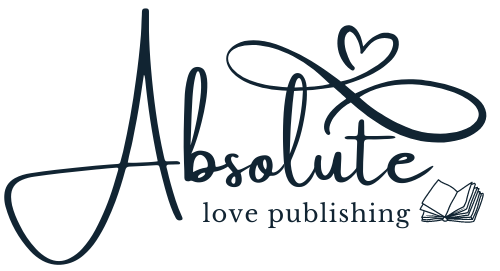 Ten SEO Tips for Authors
Ten SEO Tips for Authors
1. Pick your keywords wisely. A mistake many authors make is using their own names, the name of their books, or the name of their publishing company as their website’s keywords. If people are searching for you, your book, or your publishing company, they will find you. After all, they already know who you are! Keywords reach the people who aren’t already familiar with you. Think like a customer. What would a customer search for that could lead to your book? Do you offer the “best spiritual books” or “inspirational fiction?” Do you offer “spiritual insights,” “books to change your life,” or perhaps “author services” or “book editing?” Look at your competitors and those you wish to emulate to see what keywords they use successfully.
2. Integrate keywords naturally. Forced writing with too many keywords is considered keyword stuffing. In addition to awkward reading (the last thing an author wants), search engines may downgrade your rank because of it.
3. Increase your inbound links. Has someone reviewed you? Have you been in a virtual book tour? Do you have a feature story on another website, or a guest post? What about endorsements? Do your best to get a link back to your site with each one of these, and look for other opportunities. Inbound links increase your rank and your credibility in search engine ranking.
4. Add some outbound links. This is about giving back to your readers and adding value. Remember (or take note, if you haven’t heard this before): Your website isn’t about you, it’s about your readers. Linking to other articles, people, or places on the Internet means your readers are getting extra bang for their reading buck. The Internet is a busy place, and the people on it are usually very busy people – who stop just long enough to browse your website. Your wit, charm, and superb writing style aren’t going to keep them coming back, unless you give them something in return for their attention. Linking to related, helpful, and interesting articles from other writers gives your readers something they didn’t even know they needed. Suddenly, clicking on your website adds value to their days, and you can be sure they’ll keep coming back. A good rule of thumb is to have three to four outbound links per 500-word article or blog post. And – make sure your outbound link settings open a new window when readers click on them. That way, readers can still find their way back to you, the information source guru.
5. Link to yourself. If you find yourself writing on a topic you’ve written on before, or if you know of a way to relate today’s post to another recent post, link to yourself. Again, this adds value to your readers while also increasing the number of SEO-relevant hits your posts get. (Links to each page tell the search engine that your site is chock-full of important and worthwhile content.)
6. “Freshen up” the text on your website frequently. Keeping your keywords in place, it’s good for search engines to see new material. This doesn’t mean completely re-writing website pages every week — but altering a paragraph, inserting a new accomplishment/award, adding a new statement — these all make your website seem more relevant.
7. Blog. Blog using your keywords, and blog often. Once a day is ideal, but even once per week will increase your website’s SEO rankings, both by adding constantly new content to your website (see tip #6 for why this is a good idea) and by increasing the number of keyword-relevant articles on your website. Trust us, blogging works.
8. Use Google Plus. If you aren’t a member yet, create your profile now. Post about your books using your keywords, and make sure you link back to your website. Unlike your publishing or author page on Facebook, Google Plus is indexed by Google, which means links here can help your rankings.
9. Add a Google Plus One to your website. It’s free, and it’s just a matter of inserting a small script of code into your site’s html code. Similar to “likes” on Facebook, these allow people in the general public to create credibility for your site.
10. Make sure your titles reflect your SEO keywords. A good title helps a search engine describe the content of your page, thus your title should reflect what your article or post is about and it should include at least one of your keywords. A good title also means you’ll get more reader hits. Think about it: If you come across a website on Google titled “Introduction” or “Tips,” would you click on it? No. But, you might click on a page titled “Ten SEO Tips for Authors.”
This information provided by Absolute Love Publishing.




